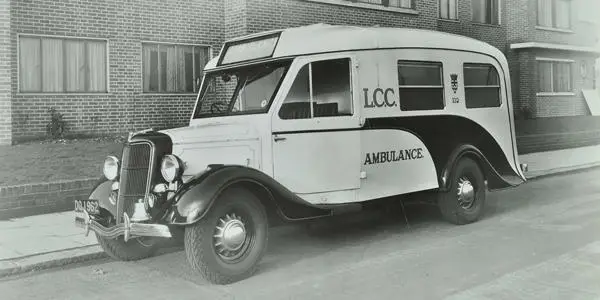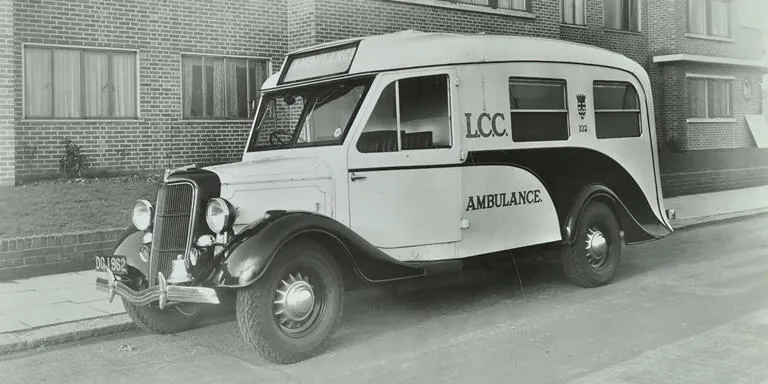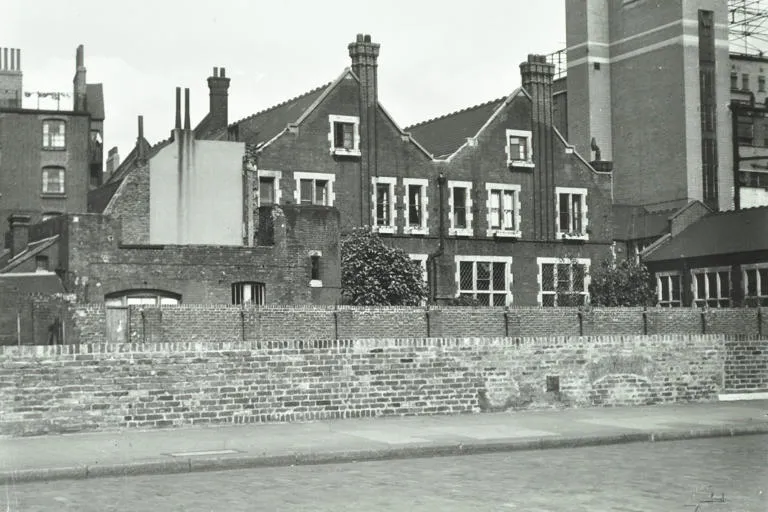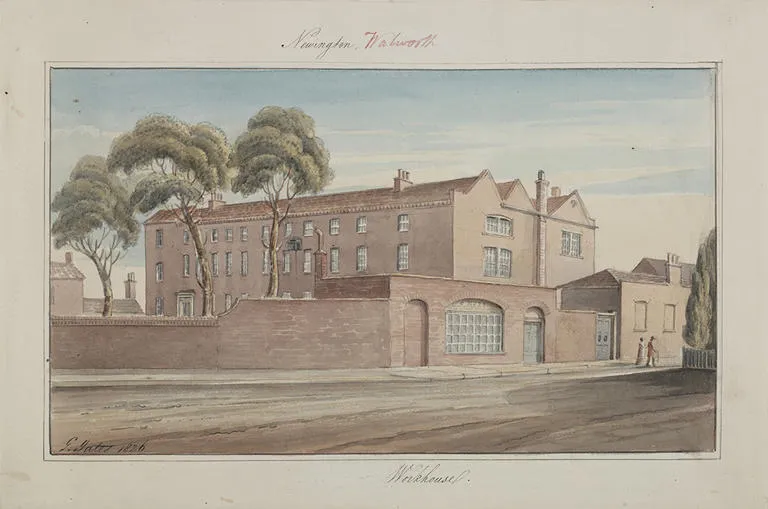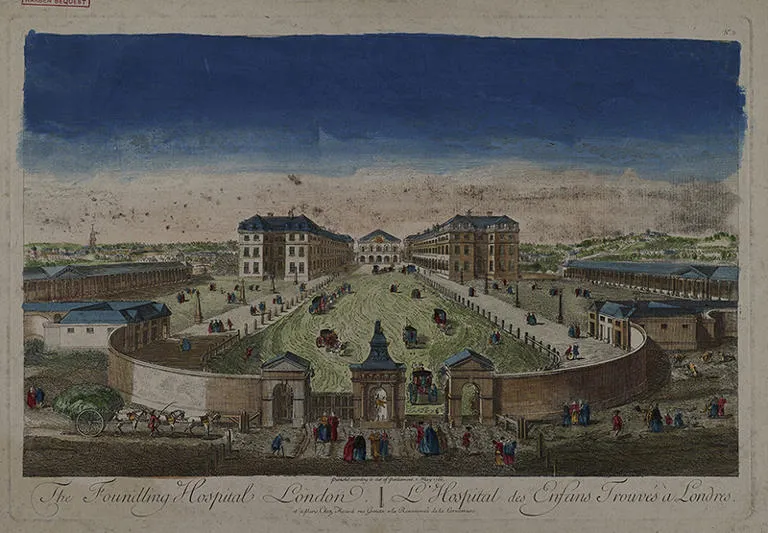Health and welfare
The poor law acts of 1597 and 1601 and the Act of Settlement 1662 placed the responsibility for poor relief in the hands of the parish, whose unpaid overseers of the poor had to collect rates from occupiers of land and spend the income on helping the destitute, apprenticing their children, setting the unemployed able bodied work and in some cases having them conveyed back to their own parish of settlement.
From these Elizabethan parishes through to nineteenth and twentieth century Boards of Guardians, local authorities, charities and associations, the history of the care of the sick, dispossessed and destitute is widely documented at London Metropolitan Archives (LMA).
Many of our charity collections concern themselves with the care of the sick and destitute such as the Foundling Hospital (ref: A/FH) established by Royal Charter on 17 October 1739 by Thomas Coram as a refuge for abandoned children and The Surrey Dispensary (Ref: A/SD). Opened in 1777, the Surrey Dispensary aimed to provide medical care for the local poor.
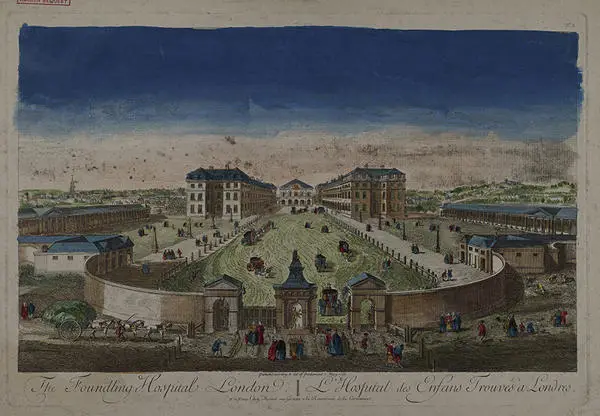
LMA's substantial holdings of hospital, health authority and local authority archives document the major changes to health-care provision during the twentieth century both before and after the establishment of the National Health Service in 1948.
Charitable provision prior to 1948 is represented by the archives of many individual hospitals ranging from the major teaching hospitals of Guy's (ref H09), Saint Thomas's (Ref: H01), Westminster (H02) and the Royal Free London NHS Foundation Trust (H71 and H72) to specialist hospitals such as The Royal London Homoeopathic Hospital (ref: H60).
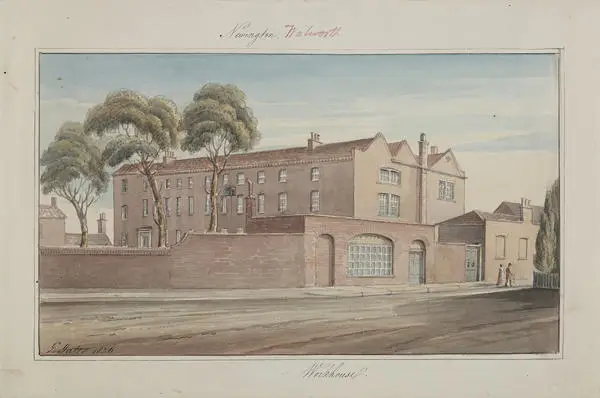
As well as records of individual poor law infirmaries, lunatic asylums such as Stone House (ref CLA/001), provided to house the insane of the City of London, and fever hospitals for London and Middlesex, LMA holds the archives of the local authorities (including Boards of Guardians (ref: BG), Metropolitan Asylums Board (ref: MAB), London County Council (ref: LCC) and Middlesex County Council (ref: MCC) responsible for running them before 1948, the LCC hospital service being the largest in the world at that time.
For the period between 1948 and the first major reform of the National Health Service in 1974, the records of the four metropolitan regional hospital boards, several hospital management committees including those of Friern (ref: H12/CH) and Leavesden (ref: H26/LEA) Hospitals, the Inner London Executive Council, the Guy's and Saint Thomas’s and Westminster Hospital Groups, and specialist teaching hospitals such as Moorfields Eye Hospital (ref: H47) are all deposited at LMA.
The files and reports of the King's Fund (ref: A/KE) also document the challenges and problems of the early years of the NHS.
Post 1974 LMA holds the records of all four regional health authorities for southeast England as well as those of Camden and Islington Area Health Authority, and Riverside and West Lambeth Authorities.
